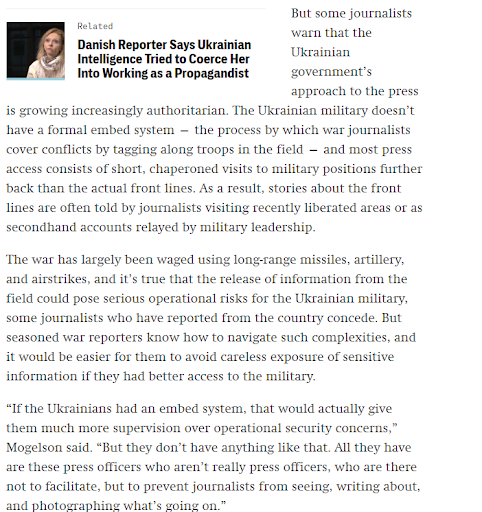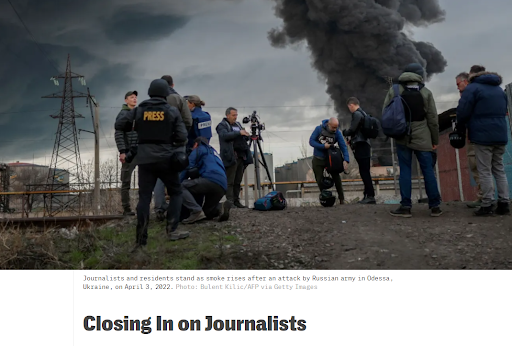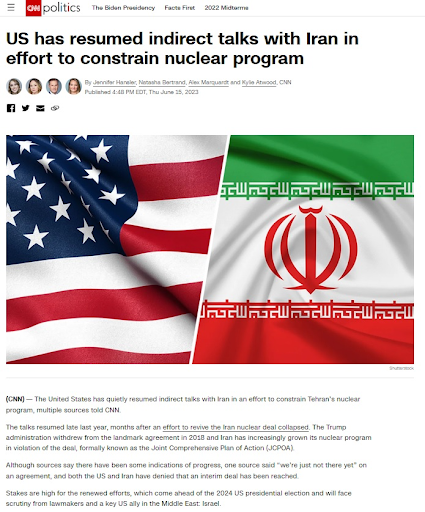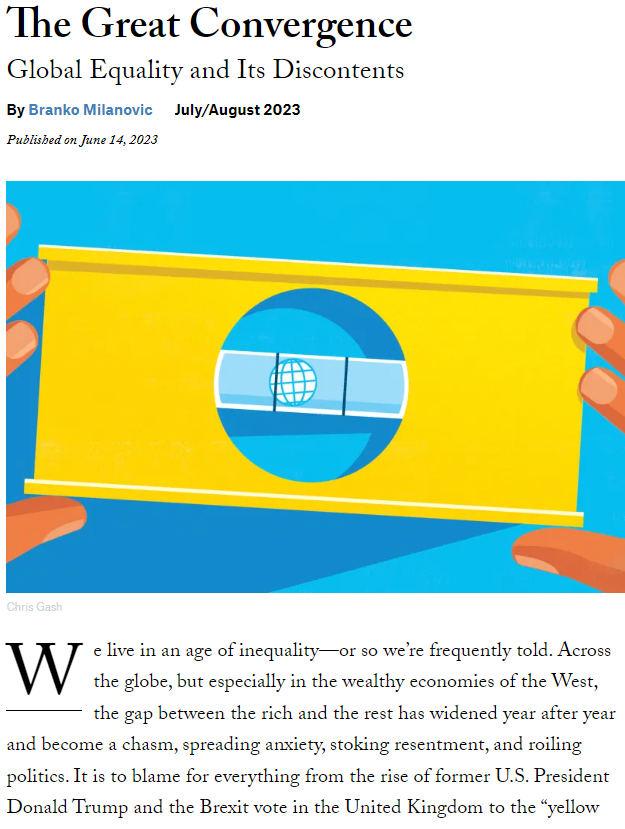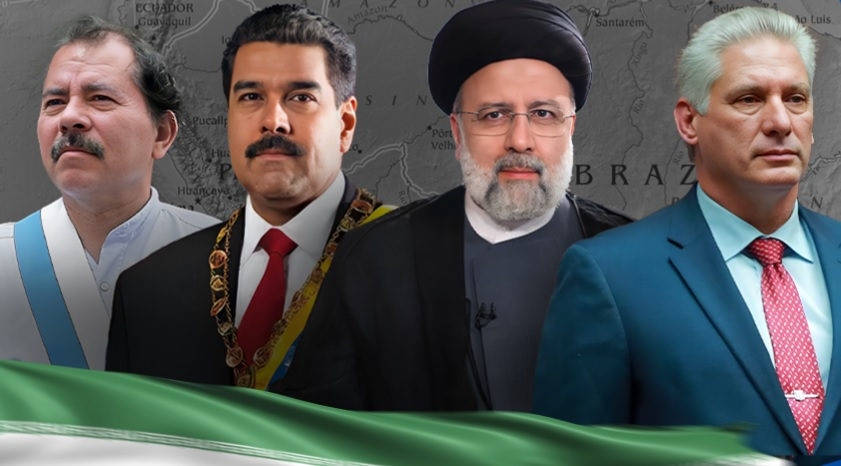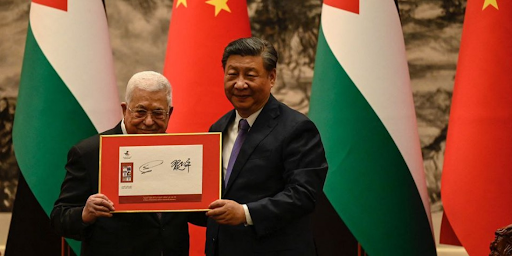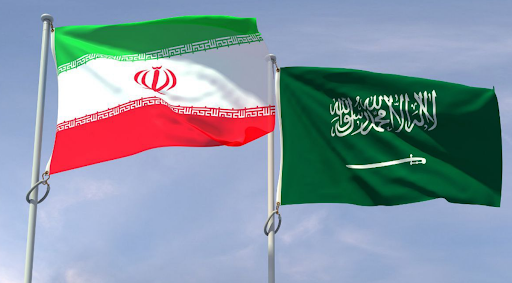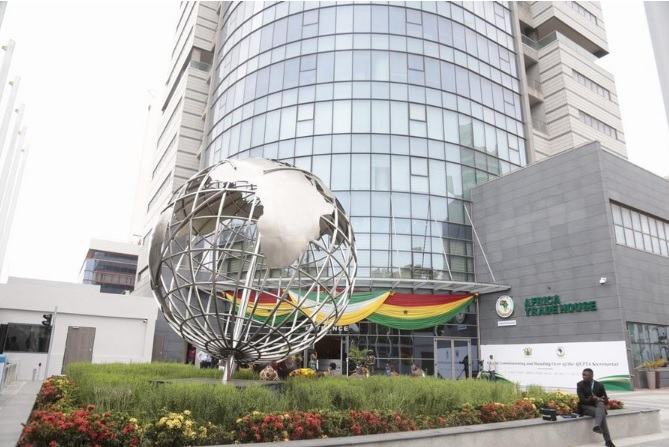
Towards a world without American hegemony
In an essay written for the electronic magazine "Responsible Statecraft", which is affiliated with the American Quincy Institute for Studies, William Minter states that the United States has achieved limited success in building a global coalition to support Ukraine, stressing that it has not succeeded in expanding the required alliance that it sought to achieve, despite being "stronger than opponents on paper.
The essay referred to the amount of military spending of the United States in 2022, as it amounted to 877 billion dollars, more than the total of 849 billion dollars spent by the following ten countries combined, pointing out that the volume of its military spending is three times greater than the 292 billion dollars spent by China, and more than 10 times the amount spent by Russia.
The article also shed light on the stationing of US military forces in more than 750 military bases, in 80 countries around the world, noting that "if there is any country that may claim global hegemony, it will be the United States.
I assumed that if hegemony meant the ability to get other countries to comply with demands, the United States was thus far from being a global hegemon.
Washington proved its ability to cause massive destruction, in a long series of wars in Korea and Vietnam in the latter half of the 20th century, to Iraq and Afghanistan in the 21st century, but it won no more than costly victories, as the cost included not only lives, but also the erosion of trust. inside and outside.
And the magazine dealt with showing American opinion polls that public support for the war in Ukraine has decreased somewhat this year, in addition to some Republicans in Congress questioning its cost, but most American politicians still see support for negotiations as a step too far.
In turn, the US Secretary of State, Anthony Blinken, strongly rejected the option of a ceasefire in Ukraine, and the President of the United States, Joe Biden, and the Prime Minister of Britain, Rishi Sunak, also pledged that their countries would continue to support Ukraine "for as long as it takes."
The Russian expert, Fiona Hill, of the Brookings Institution in Washington, said that "in 2023 we will hear a resounding rejection of American hegemony, and we will see a clear appetite for a world free of hegemony." Ukraine is an open rebellion.
Hill asserted that this rebellion against the "collective West" "dominates the international discourse and imposes its problems on others," explaining that it is "a very clear negative reaction to the American tendency to define the world order and force countries to take sides."
The refusal to take sides among the competing great powers seems clear among the countries of Southeast Asia, where one might expect the competition between the United States and China to be at its peak, and all ten ASEAN member states participate in China's Belt and Road initiative to build infrastructure. Despite the strong American campaign against it.
The "Responsible Statecraft" called on American policymakers to accept the new reality, explaining that they must do so in practice, as most developing countries, including the emerging powers in the south, are no longer willing to make "zero-sum" choices between the United States and its geopolitical competitors.
_____________
William Minter is the editor of AfricaFocus Bulletin. He has been a writer, researcher, and activist since the mid-1960s, concentrating on African and global issues. He taught in Tanzania and Mozambique at the secondary school of the Mozambique Liberation Front (FRELIMO) in 1966-68 and 1974-76. He has worked with Africa News Service (now allAfrica.com ), the Washington Office on Africa , and other Africa-related groups. Since November 2020, he has served as a senior consultant with the new U.S.-Africa Bridge Building Project.
Minter studied at the University of Ibadan in Nigeria in 1961-62. He holds a Ph.D. in sociology and a certificate in African studies from the University of Wisconsin at Madison. Minter’s most recent book is No Easy Victories: African Liberation and American Activists over a Half Century, 1950-2000, co-edited with Gail Hovey and Charles Cobb Jr.




